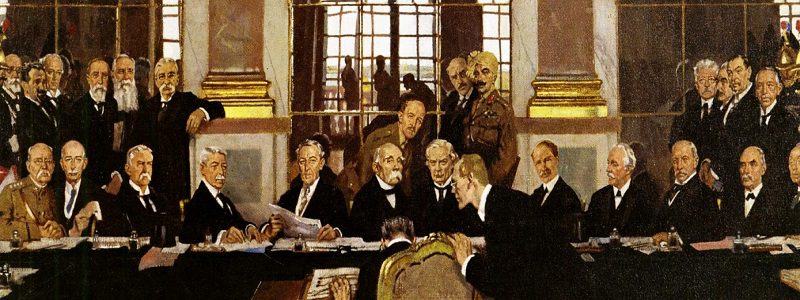Get Your Taxes Won . . . through Argument: Debating Tax Deduction Scenarios
Overview
Since, as the saying goes, there is nothing certain in life except death and taxes, a very important field within mathematical financial literacy is the study of tax law, policy, and procedures. When studying the mathematics of taxes and the procedural specifics involved in completing various tax forms, students should have the opportunity to learn and to practice claiming deductions and calculating their impact on an individual’s or business’s tax liability.
Activating students’ critical thinking, content knowledge of tax policy, and mathematical computation abilities, this multi-sided group debate activity aims to provide students with exactly this opportunity. Students work through several scenarios in which possible clients of a tax preparation company have improperly filed deductions claims. Students then debate about which re-filing to re-claim deductions would be most lucrative for the clients (and the company).
As with other argument-based math projects, claims are based on mathematical computation as evidence, and an invocation of mathematical principles and rules forms the basis of the argumentative reasoning justifying the connection between the claim (often the solution) and the computational evidence.
Rhetorical Constructs: Essential Tools of Classroom Debate
Overview
Whatever the format of classroom debating being used – Table Debates, SPontaneous ARgumentation Debates, Showdown Debates, Intelligence Squared Debates – or structured argumentation activity – Shaping Arguments, Refutation Two-Chance, Argumentative Analysis, or many others – there is common language used to introduce or present argumentation. This common language is formed for use by anyone engaged in an academic or public debate into something we call rhetorical constructs. Rhetorical constructs can also be called sentence stems or templates, though they have a particular purpose, power, and breadth of application when thought about and taught in the context of argument.
Cosmetics & Plastic Surgery: Debating Authentic Beauty en Español
Hamlet: I have heard of your paintings too, well enough. God has given you one face, and you make yourselves another.
Ophelia: Heavenly powers, restore him!
— William Shakespeare, Hamlet (1599), Act III, Scene 1
Argument-Centered Education and one of its partner high schools are engaged in an exciting new project: getting students to research, prepare arguments, discuss, write about, and debate about cosmetics, plastic surgery, and authentic beauty in an Advanced Placement Spanish class, so en español. While the resources ACE has provided are in English, all of the student work is in Spanish, and we are working with our partner teachers to produce translations of the curricular resources, as well.
Shaping Arguments and the Superhero Square-Off: Batman vs. Spiderman
Overview
We frequently discuss the inter-connectedness of argumentation skills and content learning and knowledge. To think critically, and to enter an argument-based dialogue, about an issue or controversy, we have to have a baseline of content knowledge. Students are unable to generate much in the way of counter-arguments, for instance, when they are unfamiliar with the terms, context, and specific elements of an issue. Likewise, if content knowledge is taught outside of an argument framework it can be quickly forgotten, lacking purpose and relevance for students. It is also limited to the surface unless students think critically and apply higher-order thinking to this subject-area content.
Evidence Rating and the Treaty of Versailles
Regular readers of The Debatifier know that argument-centered curricular resources, projects, and activities come in all shapes and sizes. Longer-term classroom debate projects can be extremely powerful learning engines, while on a shorter, smaller scale, argumentation activities can be woven into or deployed several times over the course of any given week in any high school or middle school classroom. Educators who have the enhanced professional capacity to teach subject area content and skills objectives through academic argumentation and debate can, in a literal way, do both. They are mutually reinforcing.
We have been working with one of our partner schools’ humanities teachers on a World War I unit. The teachers wished to develop a mid-size structured argumentation component for the unit’s study of the war’s end, the controversial Treaty of Versailles.






